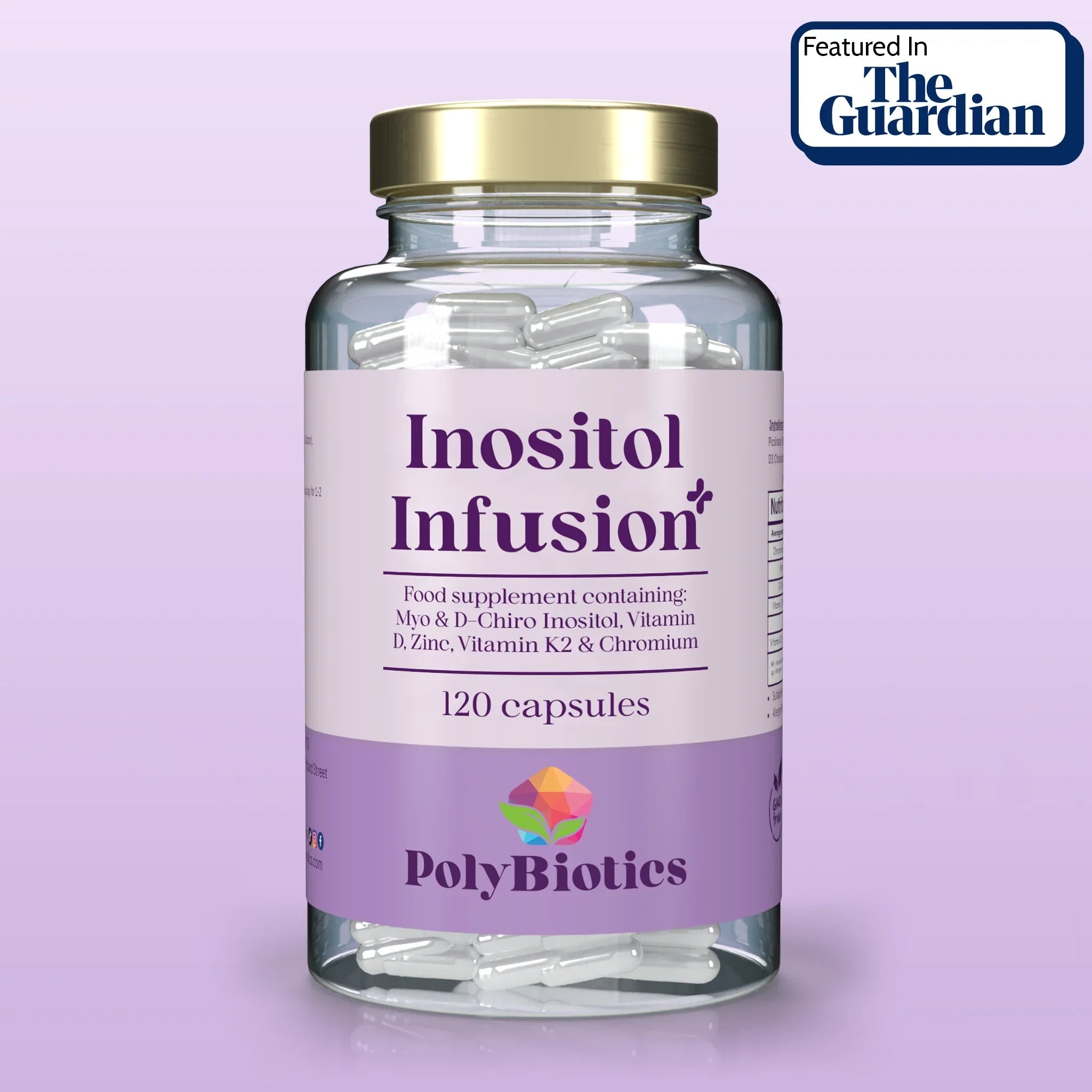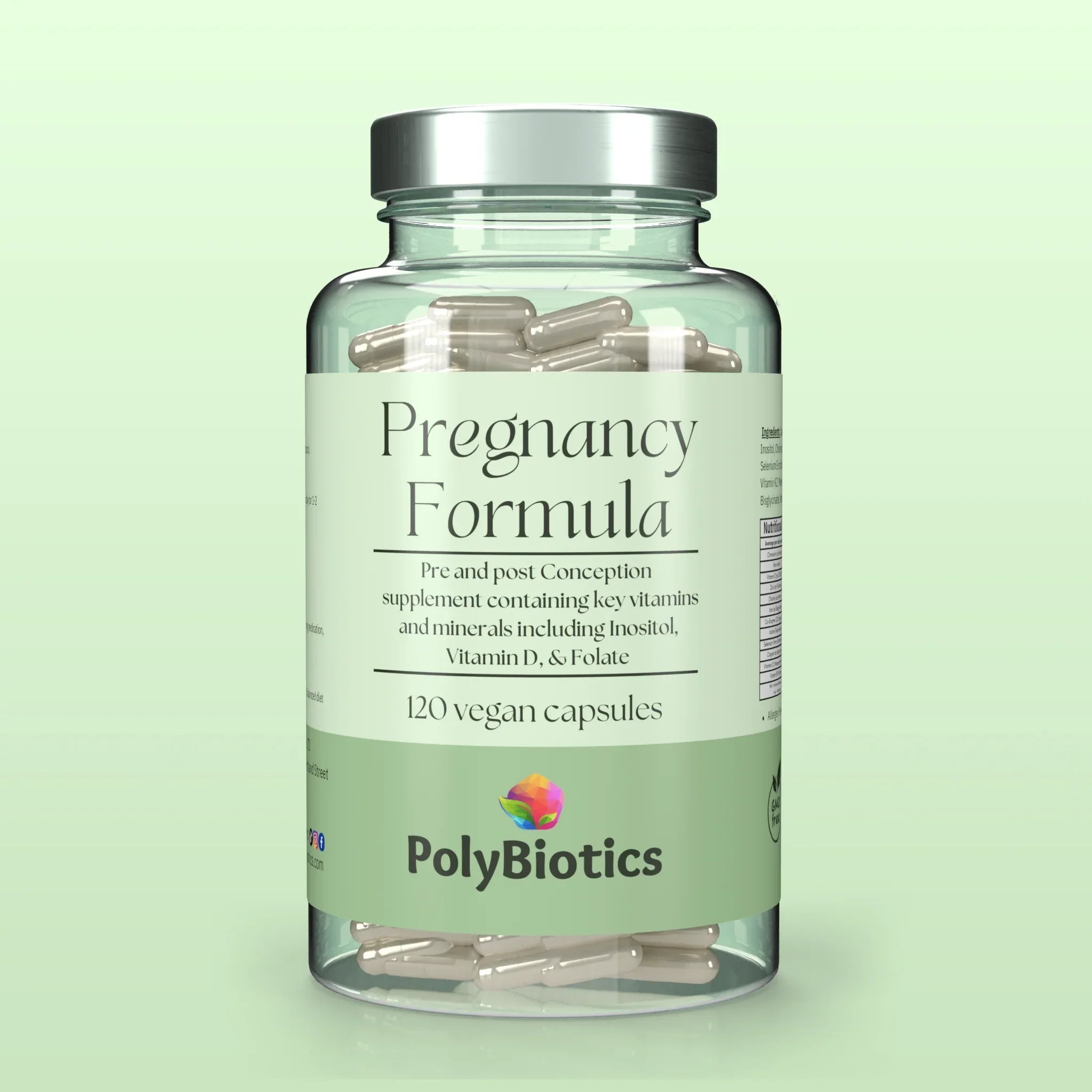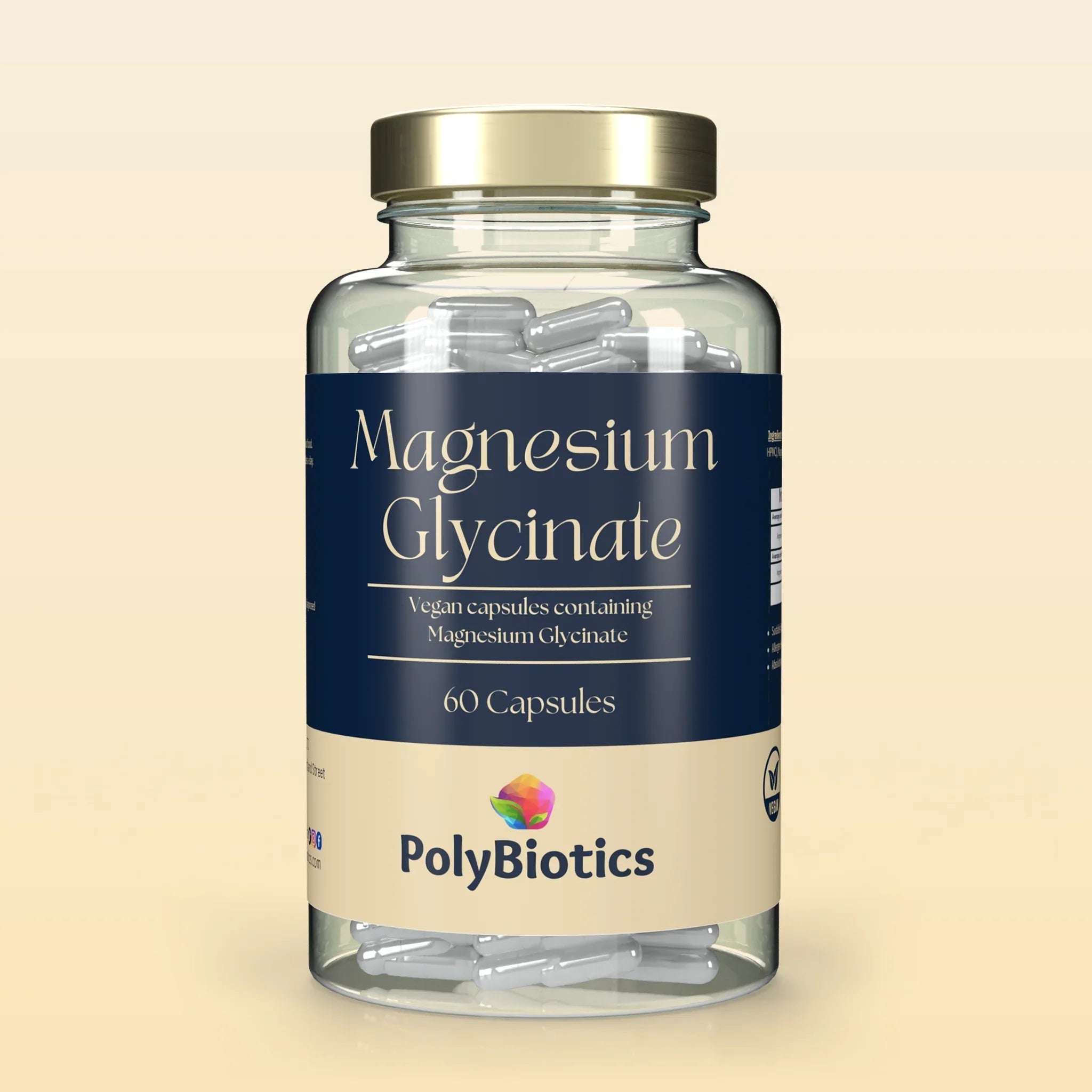· By Dr. Amina Hersi
What Is PCOS?
Understanding Polycystic Ovary Syndrome — and how to support your hormones naturally.
Polycystic ovary syndrome (PCOS) is one of the most common hormonal conditions affecting women, yet up to 70% of those with PCOS remain undiagnosed.
That means millions of women are living with symptoms like irregular periods, acne, weight changes, and fertility struggles — without knowing the root cause.
What causes PCOS?
PCOS is driven by a hormonal imbalance that affects how the ovaries work. The most common disruptions include:
-
Elevated androgen levels – hormones like testosterone and DHEA (Dehydroepiandrosterone) that are naturally present in both men and women, but may be higher than usual in PCOS
-
Insulin resistance – when the body doesn’t respond properly to insulin, causing higher insulin levels
-
Chronic inflammation – which may contribute to symptoms and longer-term health risks
These factors can interfere with ovulation and trigger a range of PCOS symptoms.
While the exact cause of PCOS is still being researched, we know that genetics often play a role, and lifestyle factors can also influence how symptoms appear and evolve.
What are the symptoms of PCOS?
PCOS doesn’t look the same for everyone. Your symptoms might shift over time, or appear in different combinations. That’s part of what makes it so difficult to diagnose — and so important to personalise your support.
You may notice:
-
Irregular, infrequent or absent periods
-
Difficulty getting pregnant due to irregular ovulation
-
Unwanted hair growth on the face, chest, or stomach
-
Persistent acne, especially around the jawline
-
Hair thinning or hair loss on the scalp
-
Unexplained weight gain or resistance to weight loss
-
Mood swings, anxiety, or low mood
-
Fatigue or low energy
Are there long-term risks?
Yes — and that’s why managing PCOS early matters. Without proper support, PCOS can increase your risk of developing:
-
Type 2 diabetes
-
Heart disease and high blood pressure
-
High cholesterol levels
-
Sleep apnoea
-
Endometrial (womb) cancer
The good news? With consistent support, many of these risks can be reduced or even prevented.
Is there a cure?
There’s currently no cure for PCOS — but there are many ways to manage it effectively. By combining lifestyle changes, nutrition, and targeted supplementation, many women experience improved cycles, energy, mood, and fertility.
Why choose Polybiotics?
We’re not just a brand — we’re women with PCOS, too. Our founder is a medical doctor who created Polybiotics after years of navigating confusing advice, poor-quality supplements, and dismissive care.
That’s why we’re committed to:
-
UK-made formulas
-
Bioavailable ingredients your body can actually absorb
-
No artificial fillers or binders
-
Hormone support for every phase — from first diagnosis to trying to conceive and beyond
Not sure where to start?
First if you’re unsure about whether you have PCOS always speak to your doctor for a formal diagnosis.
Click here for more resources including leaflets on PCOS
Take our 60-second quiz to discover the best products for your needs.
Because your hormones deserve clarity.
Your journey deserves support.
And you deserve to feel better — naturally.
Share:
3 comments
-
Great article! Really clear breakdown of how PCOS works and why it’s so common. For another insightful read on treatment options, check out this piece from SheMed: https://www.shemed.co.uk/?via=ward
Ava Lee on
-
Great overview of PCOS—very clear and informative on symptoms and management. For additional insight, here’s a solid read on the connection between GLP-1 medications and PCOS: https://www.shemed.co.uk/blog/glp-1-medications-and-polycystic-ovary-syndrome-pcos
Emma on
-
Great breakdown of what PCOS is and why awareness matters! I also found this helpful article on how GLP-1 medications may support women with PCOS: https://www.shemed.co.uk/blog/glp-1-medications-and-polycystic-ovary-syndrome-pcos
Luna Ward on







